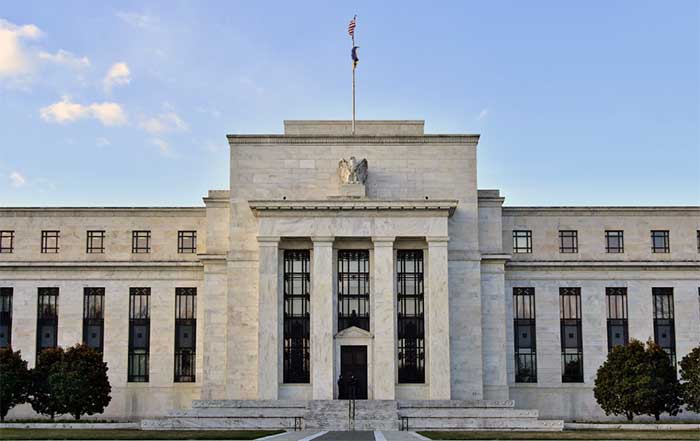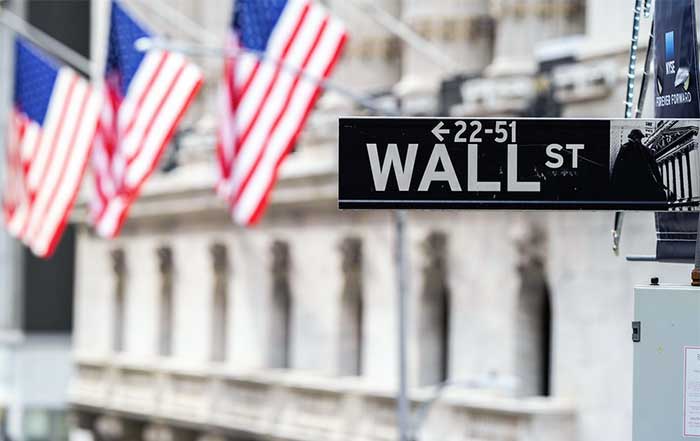Like elsewhere globally, the US job market was considerably jolted by the ongoing Covid-19 pandemic. As a result, the current college graduates potentially face the worst job market prospect in over a decade. No wonder-many industries have suffered immensely. Many businesses have closed because of the pandemic, with massive layoffs becoming the order of the day. As the economy begins to reopen, some college graduates might have difficulty trying to secure jobs.
In some instances, the institution that gives the certification often plays a massive role in the job seeker's prospects. Of course, the alumni network can also be a significant factor in the graduate's job prospects. In many colleges, the alumni provide a lifeline for graduates of the respective colleges by giving references and securing employment. Further, these alumni networks offer fresh graduates practical advice on how best to secure a job that pays well for their degree or other certification.
The reputation of a college also plays a vital role in the kind of job a graduate secures. According to a Georgetown University study, graduates from colleges with well-known names are likely to get jobs that pay higher than those who come from colleges whose names are not so well known. This revelation goes to show just how much of an advantage it is to attend a high-profile college.
Significantly, the phenomenon of student debt has risen in recent years. Currently, the average student debt is as high as $30,000, which is a new record. Paying these loans can be hectic since recent graduates must juggle between earning a living and servicing them. Many graduates in the US have ended up venturing into fields that are not their specialties. Such graduates will partake in any money-making activity to repay their loans. Ultimately, this ends up taking a toll on industries. Why? Many sectors continue to face a lack of much-sought-after expertise since many college graduates cannot afford to go job- hunting in the right sectors with a student debt dragging them down.
As the US economy begins to come alive, the job market may become more favorable for college graduates. Many businesses were closed down because of the pandemic. With the government putting in place measures to revive the economy, many companies will resume operations. Sectors such as manufacturing, retail, hospitality, and health care will require much-needed expertise. The economic upsurge may present opportunities for graduates, especially those who recently graduated. On the other hand, competition for these jobs may become stiff since many people got laid off because of Covid-19.
The job market's competitive nature might result in many graduates opting to start their own businesses in self-employment. This can help many graduates have a sustainable income source, even as others seek seemingly steady jobs. Some colleges have a high number of graduates who own their startup businesses. Such a reputation generally boosts the credibility of these institution's graduates in the job market. The ripple effect is: More graduates from these universities (like the University of California, UCLA, and The University of Michigan) may find it easier to locate jobs within their sphere of specialization.
For a fact, job hunting continues to be a tedious process for many graduates in the US; many graduates may apply for more than fifteen jobs in a month. Most of these graduates settle for internships at various firms as they look to add experience to their resumes. We know that lack of employment can have a devastating effect on graduates; depression may even set in. Significantly, new national research has shown that more US college graduates( just like a significant part of the general population) are now faced with a raging mental health problem. Of course, going forward, the government must put in place measures to deal with what's threatening t be a new pandemic.
Truly, COVID -19 has changed how we do things, and the corporate world is no different. Working from home has become essential since many firms look to reduce the virus's spread and make their employees productive. Paradoxically, this new way of conducting business might present new opportunities to college graduates. How? Companies will now be able to hire graduates remotely after conducting interviews remotely. With many graduates being Millenials, technology deployment for carrying out tasks will be a certain undertaking. Ultimately, this will help more college graduates to earn a living.




